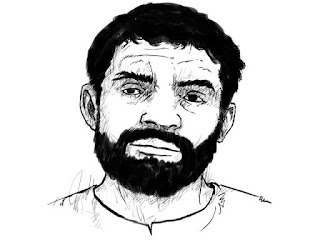Abbas Karostrami

I met the critically-acclaimed Iranian filmmaker Abbas Kiarostami at the Museum of Islamic Art in September 2013 who told me Iranians turn to art as a weapon for survival. Kiarostami died in July 2016. Abbas Kiarostami By Salman Siddiqui Despite strict censorship and a regime considered oppressive by the Western world, internationally acclaimed Iranian filmmaker Abbas Kiarostami believes that art and culture is flourishing in his part of the world. The filmmaker is in town as part of an invitation extended by the Doha Film Institute, which is presenting a programme of Kiarostami’s early works, documentaries and award-winning feature films including Taste of Cherry (1997) and The Wind Will Carry Us (1999) at the Museum of Islamic Art from September 13 to 21. In an interview with Gulf Times yesterday, Kiarostami said that “people [in Iran] are all turning to art as a shelter; as a weapon for survival. This is the only choice that they have in order to be able to ...


